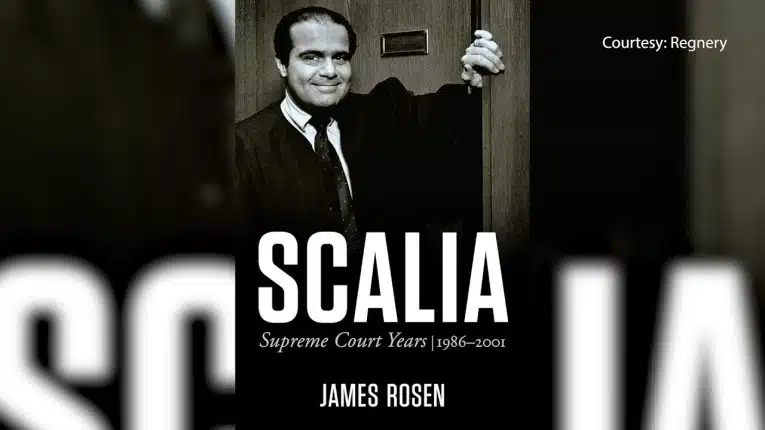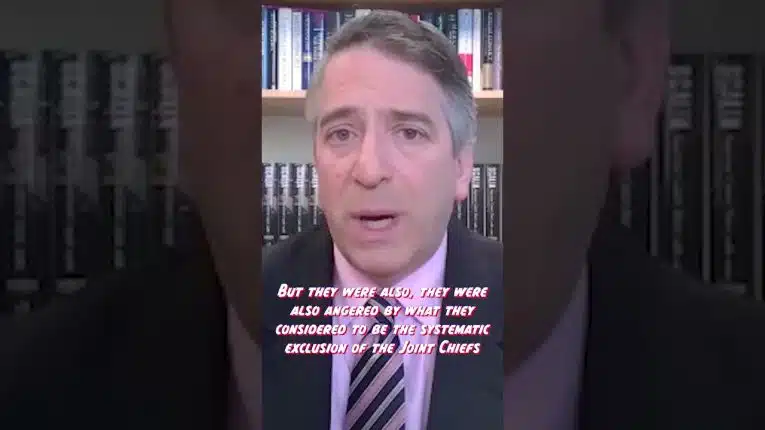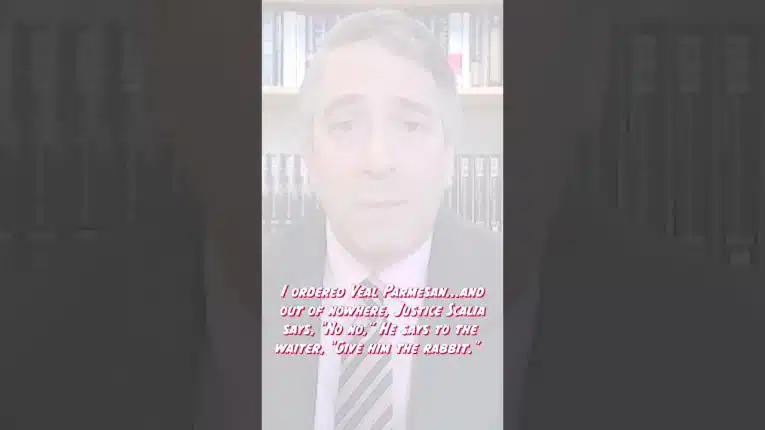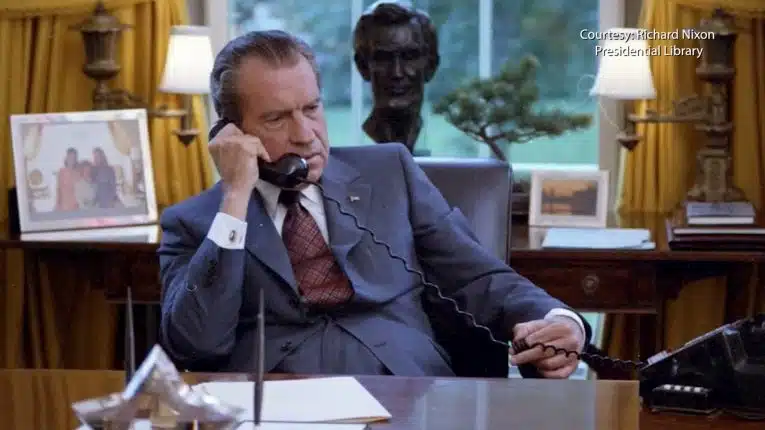
By Rick Manning
“If the allegations made by Plaintiffs are true, the present case arguably involves the most massive attack against free speech in United States’ history.”
That is what federal judge Terry Doughty wrote in his decision ordering a number of Biden administration officials and agencies from communicating censorship requests to social media companies.
But Judge Doughty’s ruling was not shocking to those who have been subjected to social media censorship. What was shocking is how long it has taken for this type of First Amendment affirming ruling to be made. What has been shocking is the brazen willingness of those who have sworn to uphold the Constitution to rip the first, fourth and fifth amendments to shreds for political gain.
The GOP’s ascension to the majority in the House of Representatives has unleashed a torrent of investigations and inquiries into the censorship regime at the Justice Department, Homeland Security and elsewhere in the federal government. The goal of all this research and talk has been simple. Identify the problems, figure out what can be done about it, and then have the fight in Congress to prevent it from ever happening again.
Today, the third stage of this basic battle for liberty is being engaged as the ranking member of the Senate Homeland Security and Government Affairs Committee Rand Paul (R-Ky.) and the House Judiciary Committee Chairman Jim Jordan (R-Ohio) have introduced wide-sweeping legislation designed to put the federal government censorship genie back in the bottle.
The aptly named Free Speech Protection Act is the most important bill introduced in Congress this year and perhaps in the past decade as it puts legal stop signs up against federal government civil rights abuses and creates a right of action against those who suffer under those abuses.
The original Bill of Rights had ten separate liberties identified by the founders as needing protection from the government created by the U.S. Constitution. Below are ten key protections contained in the Paul-Jordan legislation.
- Federal employees shall not use their official positions to influence content moderation decisions at social media platforms and media organizations.
- Federal agencies shall not enter into partnership agreements with third parties to monitor social media content or receive free advertising on the platform.
- Federal employees (the individual perpetrators) who violate the above, will be subject to discipline including monetary fines, permanent loss of security clearances and forfeiture of all pensions and other government benefits. Any contractor found guilty of violating these provisions would be permanently ineligible from working under future government contracts.
- Individuals harmed by a violation will have a private right to sue the federal government and actors who abused their power.
- Agencies will be required to report on an ongoing basis to both the Office of Management and Budget and Congress any violations of the prohibition on communications between employees and platforms mentioned above.
- The Disinformation Governance Board and any future iteration of it is permanently disbanded.
- Forbids the executive branch from issuing any grants related to programming on mis and disinformation.
- Federal grant recipients shall certify that they do not create nor promote lists of media organizations who they deem to be mis or disinformation.
- Blocks a President from using emergency powers to unilaterally take control of the Internet and other telecommunications tools.
- Ends FOIA exemptions for records related to communications between covered providers and government employees.
These key protections along with others contained within the legislation effectively end all prior laws, grants and other actions which have been used to implement and enforce a federal government censorship regime which seemed to grow up overnight, but whose seeds were planted in laws like the Patriot Act.
This legislation’s far-reaching impact recognizes that the temptation to use the federal government to shout and shut down your political opposition is strong.
For example, Robert Kennedy, Jr., who now testifies and argues against censorship, has as recently as 2014 used his influence and power to urge the targeting and destruction of both corporations and private nonprofit organizations like the Competitive Enterprise Institute, over their opposition to his position on climate change.
Our Founders’ overriding concern as they were creating a new government was the potential for abuse of individual liberties even with the balance of powers created by the Constitution. This is why three years after the Constitution went into effect, the Bill of Rights was ratified.
This comprehensive legislation is offered with the very spirit that drove George Mason and James Madison to push for ratification of those first ten amendments to the U.S. Constitution. To protect individual liberties of all Americans against a federal government which has grown too powerful and arrogant in its use of the power.
A government which has forgotten its place as the ‘securer of God-given rights’ is now being challenged by those elected by the people to protect them.
People across the nation are frustrated by the idea that it seems as though Congress only talks but doesn’t ever act. And they are right, progress on tough issues is often grindingly slow. But it is necessarily slow, as it is more important to get it right than to get it done fast.
But today, the shoe is on the other foot. Ranking Member Paul and Chairman Jordan’s Free Speech Protection Act gets it right by ending the political weaponization of our federal government.
Now it is the people’s responsibility to let Congress know that they expect them to protect liberty using every tool at their disposal.
Civil libertarians on both the left and right need to join together in support of these sweeping reforms ensuring this current threat to our basic liberties is pulled out root and branch.
Rick Manning is the President of Americans for Limited Government.






